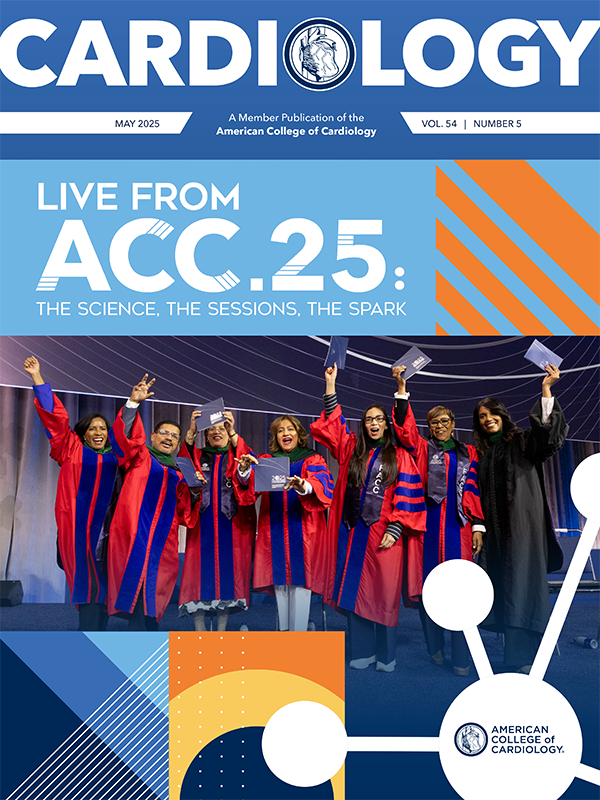Feature | When a Heart Attack Turns Out to Be the Best Thing
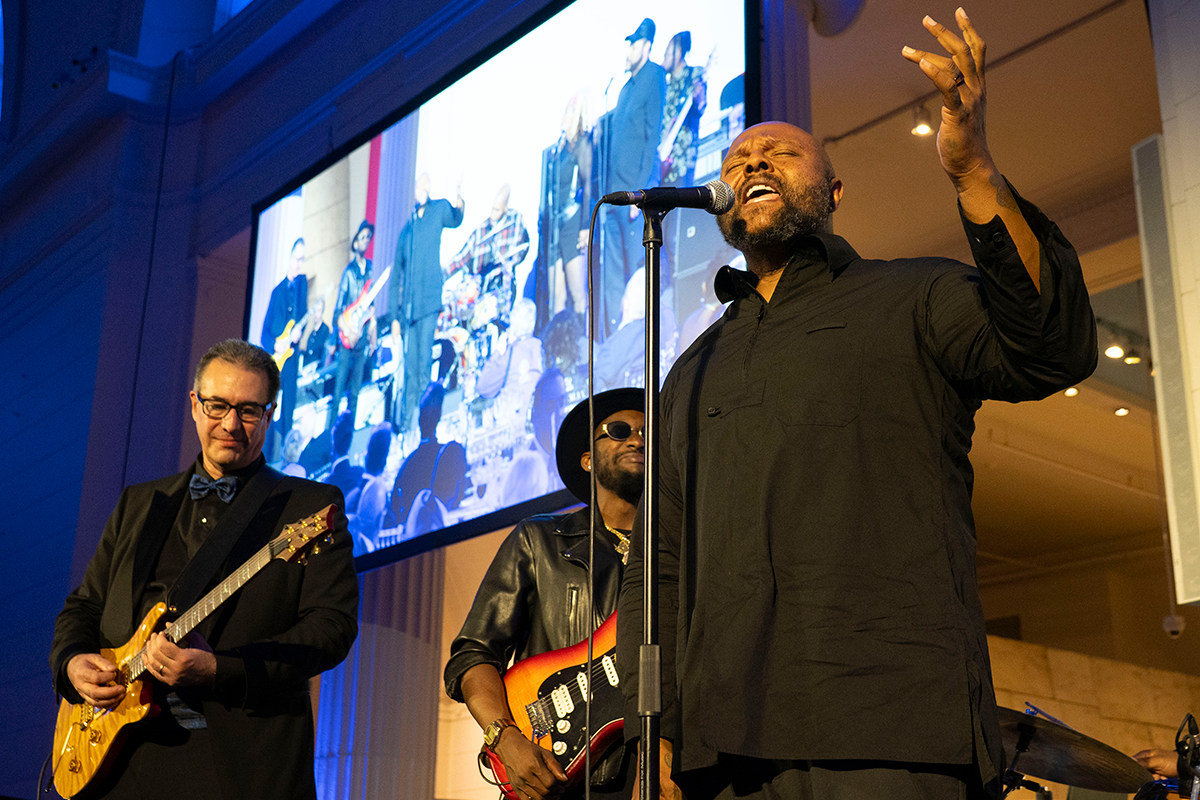
Record producer Damon Elliott finds peace and calm after surviving a widowmaker
The music was thumping and the lights were flashing at the Beverly Hills Soul Cycle in Los Angeles on that October day 10 years ago as Damon Elliott and 56 others pedaled faster and faster, sweat flying off them, heart pumping. Then Elliott, 42, felt a little pinch in his chest and his pedaling slowed. But with 25 minutes left of class, he ignored it and, as he does, pushed through.
Little did he know, but Elliott, the son of Dionne Warwick and a renowned record producer, songwriter and composer himself, was at the beginning of a major myocardial infarction (MI); the infamous "widowmaker." It would change not just the physiology of his heart, but his entire life.
Stress, Stress, Stress
At the time, Elliott was married, living in Los Angeles, working as a record producer, and raising two daughters, then 3 and 16. While he was also in the best physical shape of his life, having recently lost 100 pounds, he was still under constant stress from working 18-hour days, poor sleep, and just "pushing and grinding."
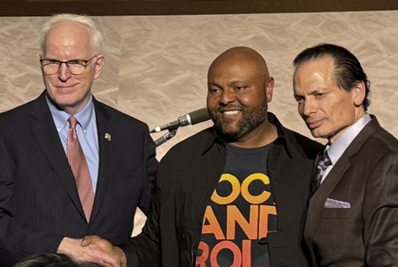
From Left to Right: John Gordon Harold, MD, MACC, Damon Elliott, Rico Simonini, MD, FACC
"I was just at that pivotal point in my life where I was just in great shape, everything's going great, but I'm so stressed." Still, just two weeks earlier he'd received a clean bill of health from his doctor.
On the day of the MI, Elliott finished his class, unclipped from the pedals, and, rather than stretching with the rest of the class, went into the locker room. "I just didn't feel well," he recalls. "I thought I'd go take a shower and try to collect my thoughts. I couldn't catch my breath. But I thought that was normal after doing the hard cardio, even though I wasn't going as hard as I usually do. But something was off."
He showered, dressed and came out into the lobby where, ordinarily, he would host a little party for the 40 friends he brought with him to the class. But not that day. "Guys," he told them. "I don't really feel good. I'm just going to walk around a bit." His wife, who took the class with him, suggested he sit down. But Elliott didn't feel he could; the adrenaline was still going. A minute later, still unable to catch his breath and starting to feel a heaviness in his chest, he told his wife to take him to the hospital.
As luck would have it, Cedars Sinai Medical Center was just around the corner. That proximity to Soul Cycle likely saved his life.
"I Can't Catch My Breath"
The car had barely stopped when Elliott ran into the emergency department (ED). "I can't catch my breath," he told the triage nurse. "And I'm coughing a little." He expected she'd rush him back but instead she asked for his insurance. "I'm sure she looked at me and I was in such good shape she didn't think I could be having a heart attack," he says.
Thankfully, cardiologist Rico Simonini, MD, FACC, was cutting through the ED on his way to a meeting. He took one look at Elliott's face and knew. The next thing Elliott recalls is lying strapped down in the cath lab as doctors worked to open his clogged arteries.
"When you're lying on that operating table and your hands are literally in the hands of doctor with robotic arms, you're like, 'What happened?' Because just two hours ago I'm joking and laughing," he says.
Simonini isn't surprised the triage nurse didn't immediately think heart attack when she saw Elliott. "He was a healthy-looking guy, shredded from working out," he says. "So, they didn't take it seriously. A lot of times people will have symptoms that either they minimize, or a triage nurse may not appreciate, or other practitioners may not appreciate. We forget that heart attacks don't discriminate based on age."
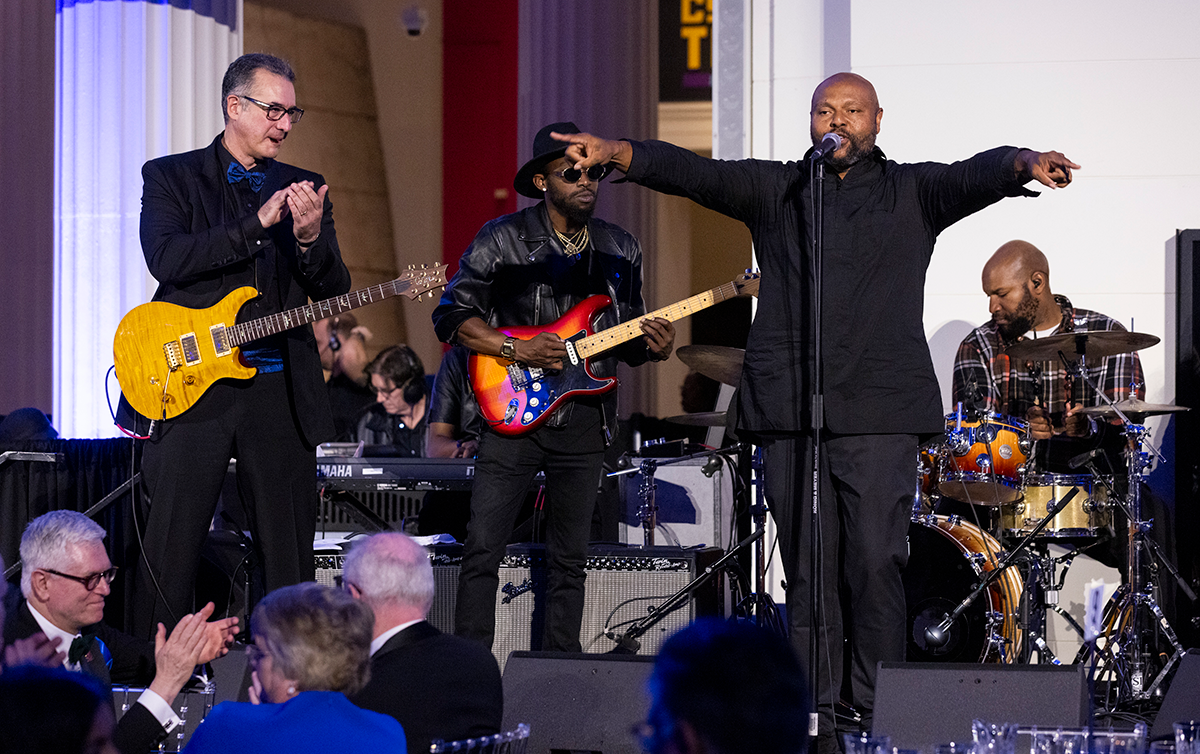
The Birds Were Singing
Elliott left the hospital three days later with strict instructions to take it easy and avoid stress. He wasn't to carry things. He was to listen to his body and stop if he became short of breath walking up stairs. It was a big change for a guy who was used to doing four spin classes a day.
He still vividly remembers getting out of the car at home and smelling the fertilizer, hearing the birds sing. "And it was the best smell ever because I was alive. I remember just standing there looking at the trees and the leaves were blowing, and it was the first time I ever paid attention to leaves blowing." It was a wake-up moment for Damon who decided then he had to drastically change his life.
He separated from his wife, moved out, and changed his name to Nomad (Damon spelled backwards) to signify his rebirth.
There was just one problem. His ejection fraction was in the 30s. Forget about a bike, his clinicians told him. You'll be lucky to be able to walk up the stairs, they said. Maybe, one doctor suggested when he was discharged, you should take up yoga and meditation.
Interestingly, a friend had brought him a book on crystals and sound frequencies while he was in the hospital. Elliott started reading. "I got really into it because I said, 'I need a miracle. The medication is great, but I need a miracle.'"
He took his medication, changed his diet ("sort of," he says), and really got into sound baths (when you lie down and let the sound wash over you) and meditating with crystals. Six months after the MI, a repeat echo showed a nearly normal ejection fraction.
Simonini attributes the improvement to Elliott's adherence to his medications and the fact that he received care so quickly before too much permanent damage had occurred. "Sometimes the heart can be stunned and after that can recover," he explains. But he doesn't rule out the benefits of the yoga, meditation, crystals and sound baths, either. Indeed, there is substantial evidence showing the stress-relieving benefits of such mind-body practices after a cardiac event.1
"I think it helps," Simonini says. "I think reducing stresses can never be underestimated. So, I think Damon going out of his way to relax is a great way to relieve stress. We can put biology behind it and talk about catecholamines, epinephrine and adrenaline, all these things that run high with stress." Beta-blockers, for instance, block stress hormones, allowing the heart to heal, he notes. "By doing it on your own, as well, that's a great supplement to medication and a great lifestyle change to continue moving forward."
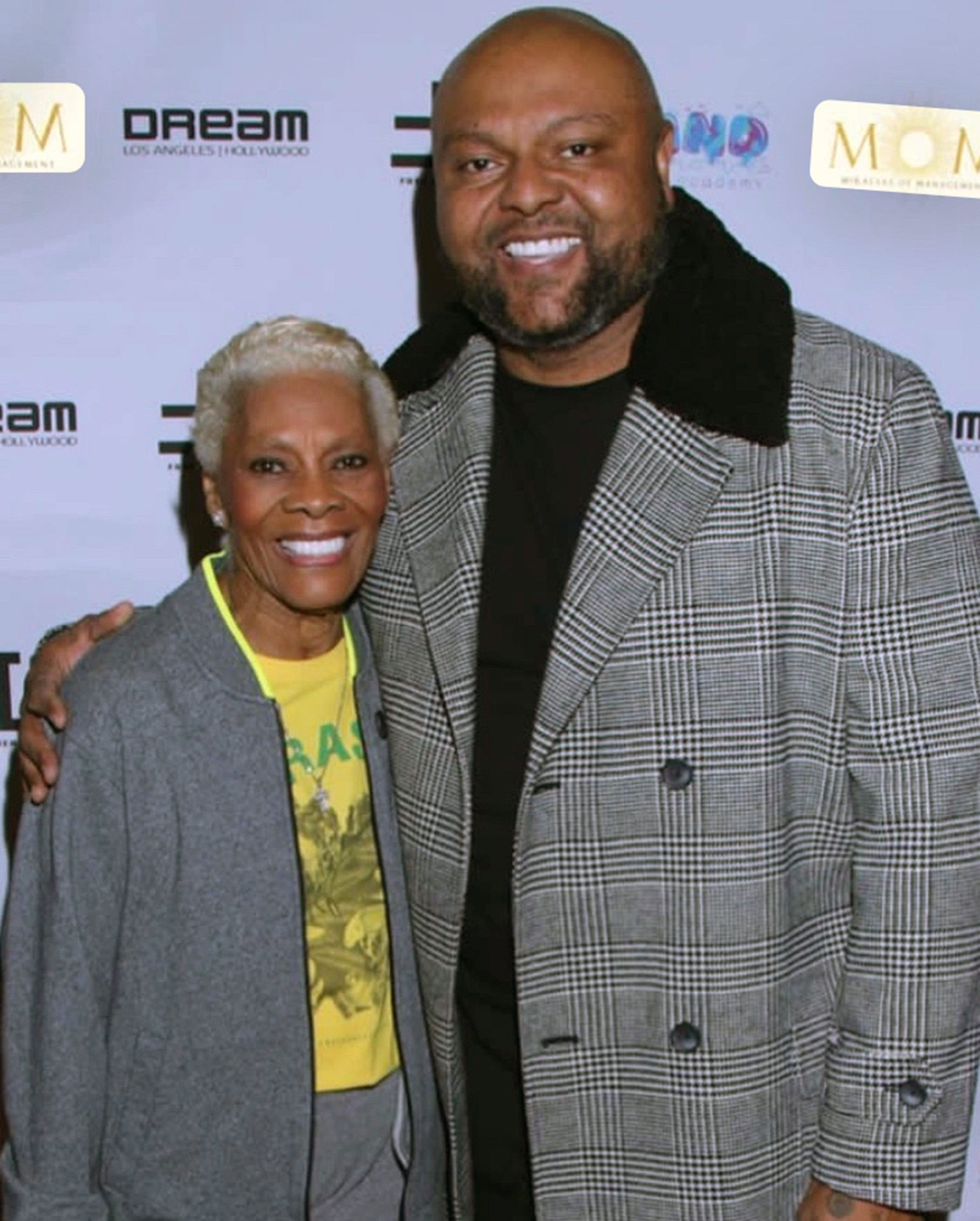
A Special Thank You From Dionne Warwick
Listen to a special version of "That's What Friends Are For" from Dionne Warwick. She dedicated the song to the American College of Cardiology and cardiovascular clinicians around the world who have dedicated their lives to saving others. The ACC is grateful for her support.
Living the Life
Soon after that second scan, Elliott moved to Hawaii where he dove deeper into spiritual restoration via a sound frequency center he opened and took his music in a new direction, one focused more on healing.
Since then, he's won two Grammys, including one for New Age Record of the Year; produced an Academy Award-nominated song; and remarried, none of which would have happened without the heart attack. "It's a blessing that it happened," he says. "Now I'm doing healing music, stuff I truly enjoy; I'm not just chasing the money." He's stayed healthy, although he admits he needs to lose some weight ("I'm down about 40 pounds") and he's become best friends with Simonini who, he says, "watches me like a hawk."
This year hasn't been easy. His Malibu house burned to the ground during the LA fires in January. He had just proposed to Ana, now his wife, days before the fire. They lost everything except a crystal. As he wrote on his Instagram account: "Here is proof that hope is just ahead as it remains unharmed." Indeed, just a couple of weeks later he and Ana were married in Hawaii. Shortly thereafter, they moved to a house in Ojai.
Soul Cycle has been discarded in favor of tennis. But he's not overdoing it, he says, playing just a few times a week.
"I'm living the dream," he says. "I've got my beautiful wife. I've got my kids. I've got a dog named Cody. This place is so healing and so beautiful. I'm just loving it."
Reference
- Younge JO, Gotink RA, Baena CP, Roos-Hesselink JW, Hunink MM. Mind–body practices for patients with cardiac disease: a systematic review and meta-analysis. European journal of preventive cardiology. 2015;22(11):1385-98.
Keywords: Cardiology Magazine, ACC Publications, Anniversaries and Special Events, Myocardial Infarction

